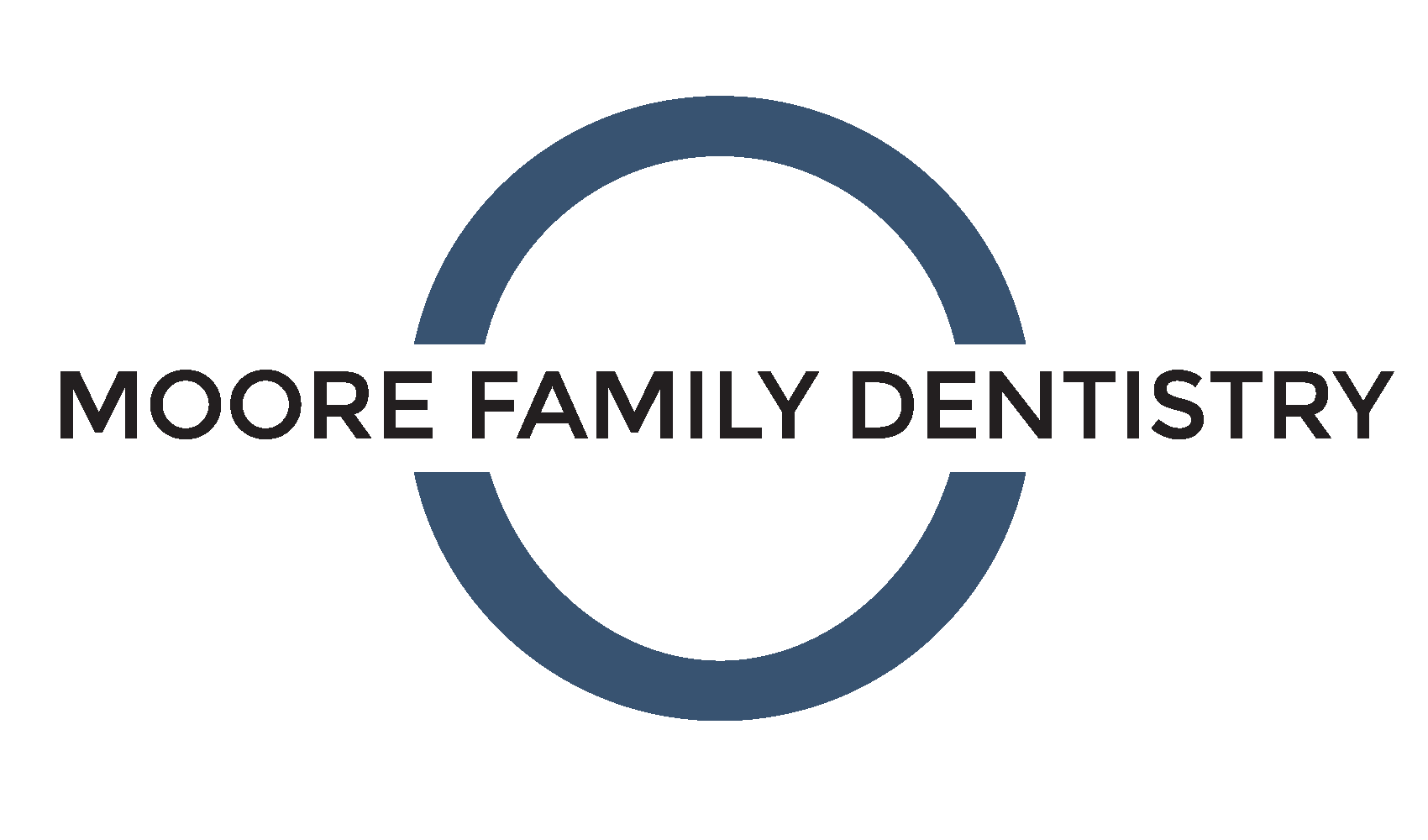Mouthwashes and rinses are an addition to your daily routine on top of brushing and flossing; they provide several benefits, depending upon the product, such as making your breath fresh or protecting your teeth from plaque. There are a few factors that must be considered when picking a mouthwash or rinse, and I will go over those for you right now.
- Is it just for freshening your breath, or do you want more out of it? If you just want fresher breath, read online reviews and ask around to see what other people recommend. You can also see if your dentist has free samples that you can check out. If you want your mouthwash to be more than just for your breath, talk to your dentist – chances are, they can recommend the product that you need.
- Do you have a sensitive mouth? The ingredients of mouthwashes can irritate the gums if you have a sensitive mouth, and your dentist can recommend a natural brand or one that’s formulated for such an issue.
- Alcohol content. The majority of mouthwashes on the market contain alcohol, which can be a problem for some of us. Mouthwashes that contain alcohol have some abuse potential, especially for recovering alcoholics, so it may be in your best interest to look for an alcohol-free mouthwash. Another possibility? Allergy to alcohol.
- Not just for fresh breath. In this case, talk to your dentist, as mentioned above.
Mouthwash Through the Ages
Ancient cultures throughout time have employed some method of oral hygiene, though records of their effectiveness are not available. The very first recorded use of a mouth rinse was around 2700 BCE, from Ayurveda and Chinese medicines, and was employed for the treatment of gingivitis. The Greek and Roman upper-classes rinsed their mouths after manual cleaning, and one recipe for such a rinse was recommended by Hippocrates to use vinegar, salt, and alum – I imagine that did not taste very good.
Mouthwashes and rinses have been mass-produced since the 1800s, with the understanding that plaque must be removed from the teeth before rinsing in order to kill germs being something that stems from a discovery in the 17th century.
How to Use Mouthwash
In order for mouthwash to be effective, it must be used properly. Improper use of mouthwash means that you won’t get the full benefits of the product, so it’s very important to learn how to use it. Read the instructions printed on the bottle to get an idea of how much to use and for how long – you may want to purchase a mouthwash dispenser to help you get the right amount for each dose, but most of the caps on mouthwash bottles contain measurements.
Please note that mouthwash does not replace brushing and flossing – it’s an addition to your regular routine. Brushing and flossing remove plaque deposits which contain germs, while mouthwash kills the germs released by the destruction of their plaque homes – or it just freshens your breath, depending upon the formula that you’re using. It does not remove the plaque for you and cannot get rotting food out from between your teeth.
Also remember that, before attempting to dilute the product, read the instructions to make sure that this will not interfere with its effectiveness. Most mouthwashes can be diluted, but some cannot.
Is mouthwash right for you? Only you can really decide that, but if nothing else, it may be worth a try.
